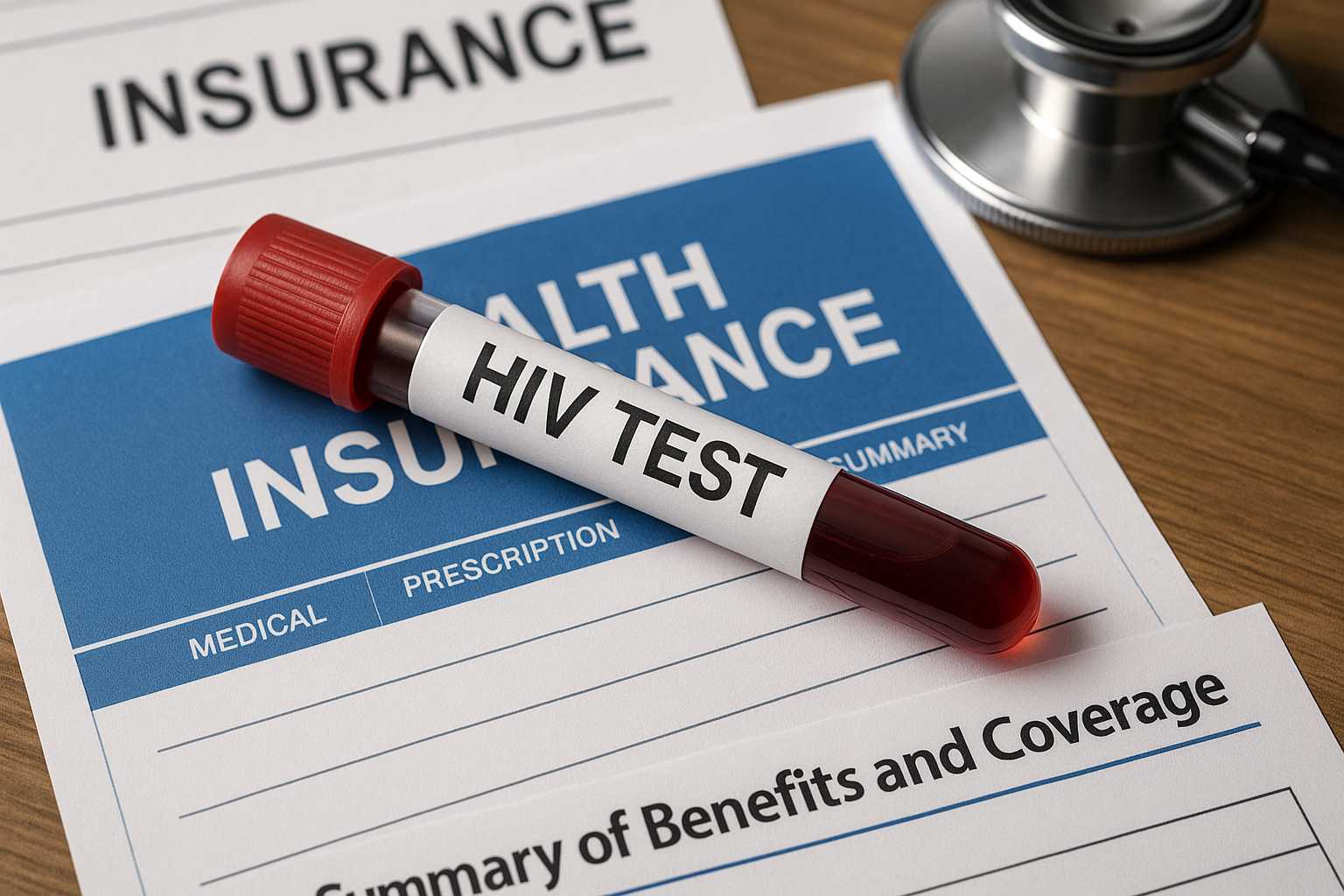Managing HIV can be complex, but having the right health insurance can make a world of difference. From covering treatment costs to providing access to specialists, understanding your health insurance options is essential when living with HIV. But how do you choose the right plan, and what should you look for? Let’s explore the critical connection between HIV and health insurance so you can make informed decisions about your care.
Table of Contents
- Understanding HIV Coverage Basics
- Insurance Options for People Living with HIV
- Tips for Choosing the Right Plan
- Navigating Out-of-Pocket Costs and Resources
- Conclusion
- FAQs
Understanding HIV Coverage Basics
Health insurance plays a pivotal role in HIV care. Since the introduction of the Affordable Care Act (ACA), insurers can no longer deny coverage due to pre-existing conditions, including HIV. This legislation ensures broader access to essential benefits like doctor visits, lab work, prescription drugs, and hospitalization. These benefits are crucial for individuals managing HIV, as consistent treatment helps suppress the virus and maintain health.
However, not all insurance plans are created equal. Some may limit access to antiretroviral medications or have high deductibles. It’s important to compare the specifics of each policy. If you need guidance, Healthcare.pro offers support in understanding plan options and coverage.
Insurance Options for People Living with HIV
Whether you’re newly diagnosed or have been managing HIV for years, several insurance options are available:
Marketplace Plans
ACA Marketplace plans offer coverage in all 50 states and cannot discriminate based on HIV status. Subsidies may also be available to help lower monthly premiums and out-of-pocket costs based on your income.
Medicaid and Medicare
If your income qualifies, Medicaid can offer comprehensive coverage with little to no cost. People over 65 or with a qualifying disability may also access Medicare. If you’re eligible for both, dual coverage may be possible. Programs like Ryan White HIV/AIDS Program can supplement costs not covered by Medicaid or Medicare.
Employer-Sponsored Insurance
Many individuals access insurance through their employer. While these plans often provide broad coverage, it’s wise to review how well they cover HIV medications and specialist visits.
Tips for Choosing the Right Plan
When selecting health insurance with HIV in mind, consider the following:
- Medication Coverage: Ensure antiretroviral drugs are on the formulary and that copays are manageable.
- Network Providers: Check if your HIV specialist and preferred pharmacy are in-network.
- Out-of-Pocket Costs: Compare deductibles, copays, and coinsurance amounts carefully.
- Customer Support: Choose insurers known for responsive support, especially regarding HIV treatment.
In some cases, patient assistance programs can bridge gaps in coverage. The Ryan White HIV/AIDS Program is one such resource that helps provide care and support services for low-income individuals living with HIV.
Navigating Out-of-Pocket Costs and Resources
HIV treatment can be expensive, but there are ways to manage costs. Many states offer AIDS Drug Assistance Programs (ADAP) that provide free or low-cost medications. Pharmaceutical companies also often have patient assistance programs. Additionally, nonprofit organizations can help cover premiums and copays for those struggling financially.
It’s also crucial to understand terms like “formulary tiers” and “prior authorization,” which can affect your access to specific medications. Speaking with a health insurance navigator or HIV case manager can help you decode these terms and find the most cost-effective plan for your needs.
For digital resources and tools to enhance your outreach and engagement efforts on HIV education, visit eHealthcare Solutions.
Conclusion
Access to comprehensive health insurance is a cornerstone of successful HIV care. Knowing your options, understanding coverage details, and tapping into support programs can greatly improve your health outcomes and reduce financial stress. Don’t hesitate to seek assistance from case managers or online health navigators when reviewing your choices.
Choosing the right plan isn’t just about affordability—it’s about empowering yourself to live well with HIV.
FAQs
Can I get health insurance if I have HIV?
Yes, under the ACA, you cannot be denied insurance because of your HIV status.
What’s the best type of insurance for someone with HIV?
The best plan depends on your income, location, and healthcare needs. Medicaid, Marketplace plans, or employer-based plans are all viable options.
Does insurance cover HIV medications?
Most plans do, but coverage levels vary. Check each plan’s formulary to confirm coverage of your medications.
Are there programs that help with HIV treatment costs?
Yes, programs like ADAP, Ryan White, and manufacturer assistance programs can help reduce or eliminate costs.
What if I can’t afford my insurance premiums?
Subsidies and assistance programs may help cover premium costs. Speak to a health navigator for support.
This content is not medical advice. For any health issues, always consult a healthcare professional. In an emergency, call 911 or your local emergency services.




